Multispectral fluorescence lifetime imaging system with ultrasound guidance could improve intravascular diagnostics and analysis of atherosclerotic lesions.
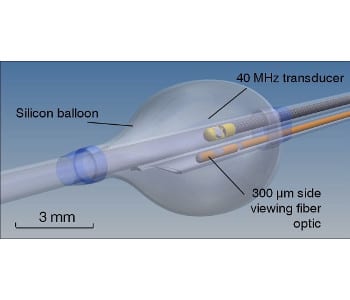

Multispectral fluorescence lifetime imaging system with ultrasound guidance could improve intravascular diagnostics and analysis of atherosclerotic lesions.
A study to investigate how nanoparticles could be used to improve the diagnosis and treatment of cardiovascular disease has received £3 million funding.

Interview of Professor Zhenan Bao on the occasion of her addition to the Editorial Advisory Board of the journal Advanced Materials.
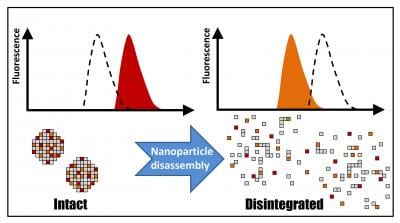
New method allows researchers to directly measure nanoparticle degradation in real time within biological environments.
Research mimic the progression of inflammation/infection on a sensor to investigate how biomolecular dynamics change in the local microenvironment.
Researchers from the IPF Dresden have developed and applied a nanoindentation method to quantify the stiffness of a sponge-like biohybrid hydrogel material.
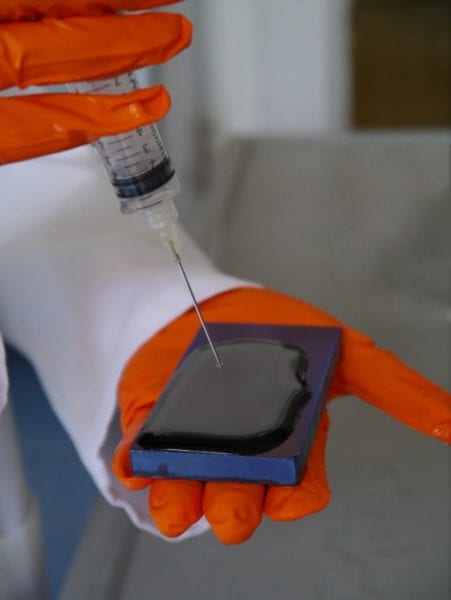
New gel to promote bone growth on implants used in orthopaedic and dental surgical procedures.
The need to develop biocompatible and biodegradable materials has intensified as the fields of bioengineering and regenerative medicine come of age.
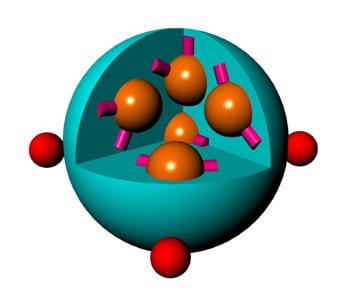
Korean scientists have developed a tumor-targeted, bioreducible nanoparticle system that can deliver cytotoxic anticancer drugs to tumor tissues.
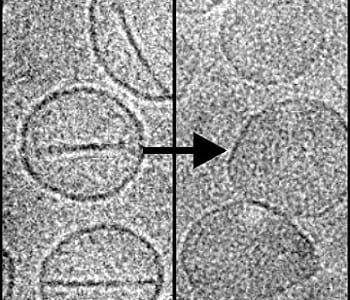
New drug delivery method targets cancer cells – not the entire body – and limits chemotherapy side effects.